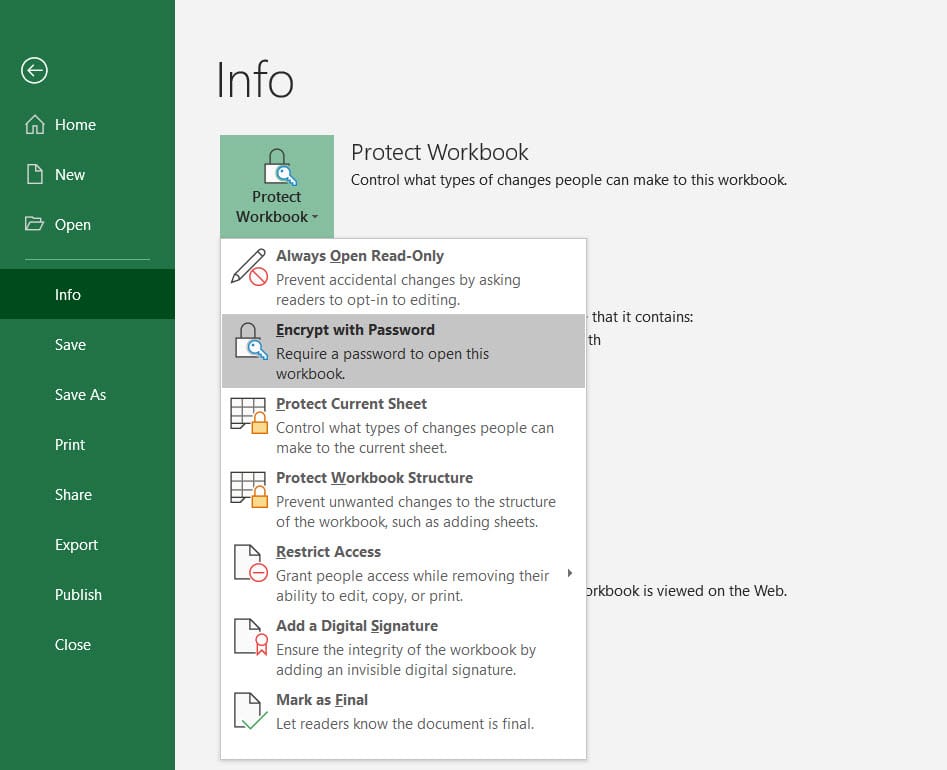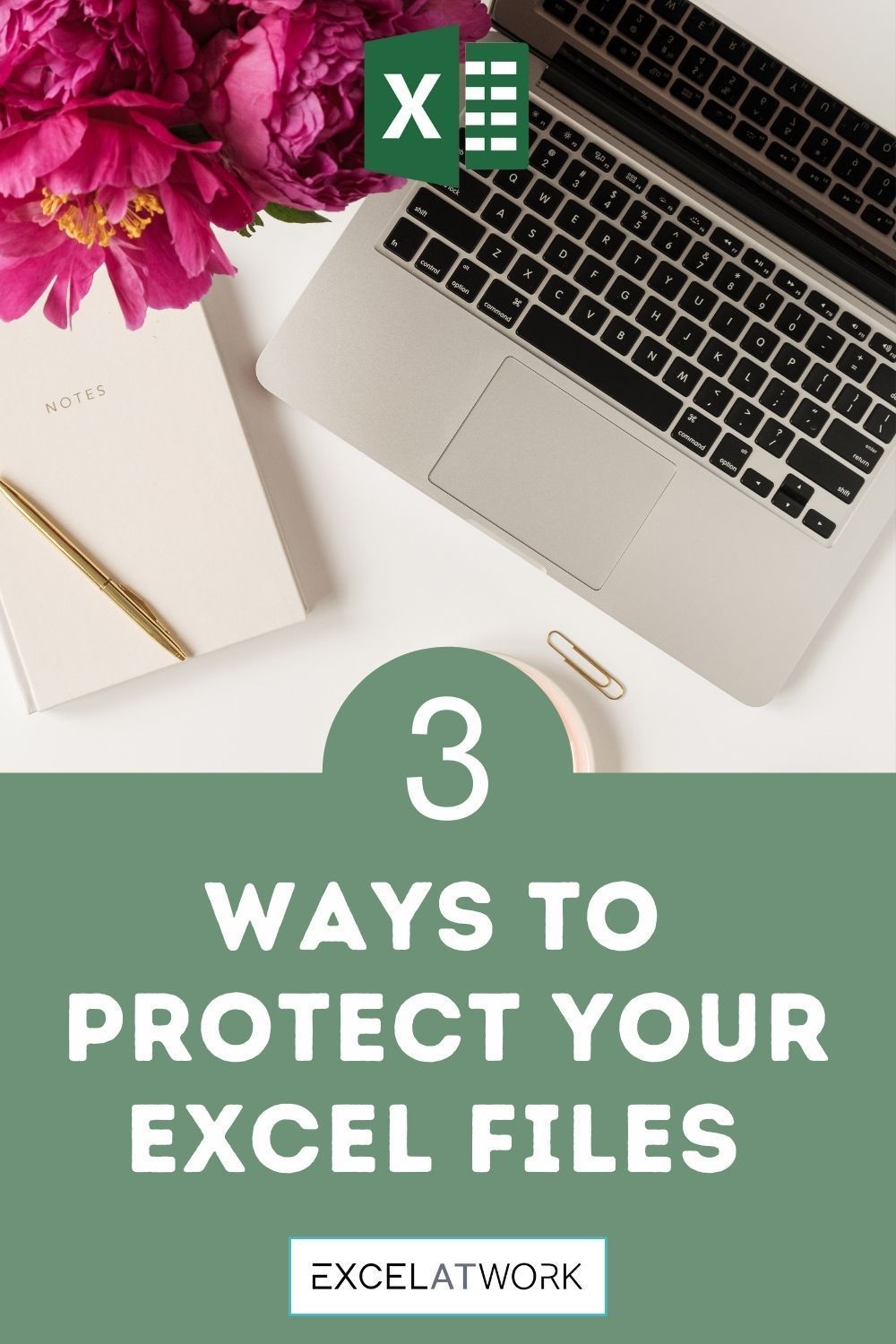Secure Your Excel Sheets: Easy Password Protection Guide

Excel, Microsoft's powerful spreadsheet tool, has evolved into an essential part of businesses, personal finance tracking, and data management. Its versatility allows users to perform complex calculations, manage data in an organized manner, and visualize data through charts and graphs. However, with the growing importance of the information we store in Excel, security has become a paramount concern. Password protecting your Excel sheets is a simple yet effective way to ensure that your sensitive data remains confidential. Here's how you can secure your Excel sheets with password protection, step by step.
How to Password Protect Your Excel Sheets


Password protection in Excel involves a few straightforward steps. Here’s how you can go about it:
Opening Your Excel Workbook

- Open Microsoft Excel on your computer.
- Either open an existing workbook or create a new one where you want to implement the password protection.
Protecting Your Workbook or Worksheet

- Navigate to the ‘File’ menu and select ‘Info’.
- Click on ‘Protect Workbook’, and choose from the following options:
- Encrypt with Password: This adds a password to open the entire workbook.
- Protect Current Sheet: This option locks a specific worksheet for editing.
Encrypting the Workbook
- Selecting ‘Encrypt with Password’ will prompt you to enter and confirm a password. This password will be required to open the workbook.
- Make sure to remember this password or store it in a secure place. If you forget it, you won’t be able to access your data.
Protecting a Specific Sheet
- Click on ‘Protect Current Sheet’. Here, you can set permissions like whether to allow users to sort data or insert hyperlinks.
- You’ll be prompted to enter a password to unprotect the sheet later.
🔒 Note: Excel's built-in password protection is not foolproof. For highly sensitive data, consider using encryption software or other advanced security measures.
Editing Permission Settings

After setting up a password, you might want to allow certain types of editing. Excel provides a range of options:
- Select ‘Protect Sheet’ again to review or change permissions.
- Here, you can uncheck or check boxes to control what actions users can perform on the protected sheet.
| Action | Description |
|---|---|
| Select locked cells | User can only select cells that are locked. |
| Select unlocked cells | User can only select cells that are not locked. |
| Format cells | User can change cell formatting. |
| Insert/Delete Columns | User can add or remove columns. |

Managing Passwords and Security

Proper password management is crucial for the security of your Excel files:
- Use strong, complex passwords: Avoid common words or phrases.
- Regularly update your passwords: Change them periodically to maintain security.
- Limit password sharing: Only share passwords with individuals who absolutely need access.
The Wrap-Up

In conclusion, securing your Excel sheets with passwords is an accessible and effective way to keep your data confidential. By following the steps outlined above, you can protect your workbooks or worksheets from unauthorized access. Remember, while Excel’s security measures are useful, they are not infallible against sophisticated hacking attempts, so consider additional encryption for highly sensitive information. The key to robust data protection lies in combining Excel’s built-in features with good password hygiene and perhaps additional security software or tools for extra-sensitive data.
Can I password protect only specific worksheets within a workbook?

+
Yes, you can protect specific sheets by selecting ‘Protect Current Sheet’ from the ‘Protect Workbook’ menu. This option allows you to lock individual sheets while leaving others open for editing.
What happens if I forget the password to my encrypted Excel file?

+
Microsoft does not provide a recovery option for forgotten passwords. You will lose access to the file if you forget the password. It’s crucial to back up your passwords in a secure place.
Is Excel password protection secure against all forms of access?

+
Excel’s password protection is designed to prevent casual access but is not secure against advanced hacking techniques. For high-security requirements, consider additional encryption or specialized security software.